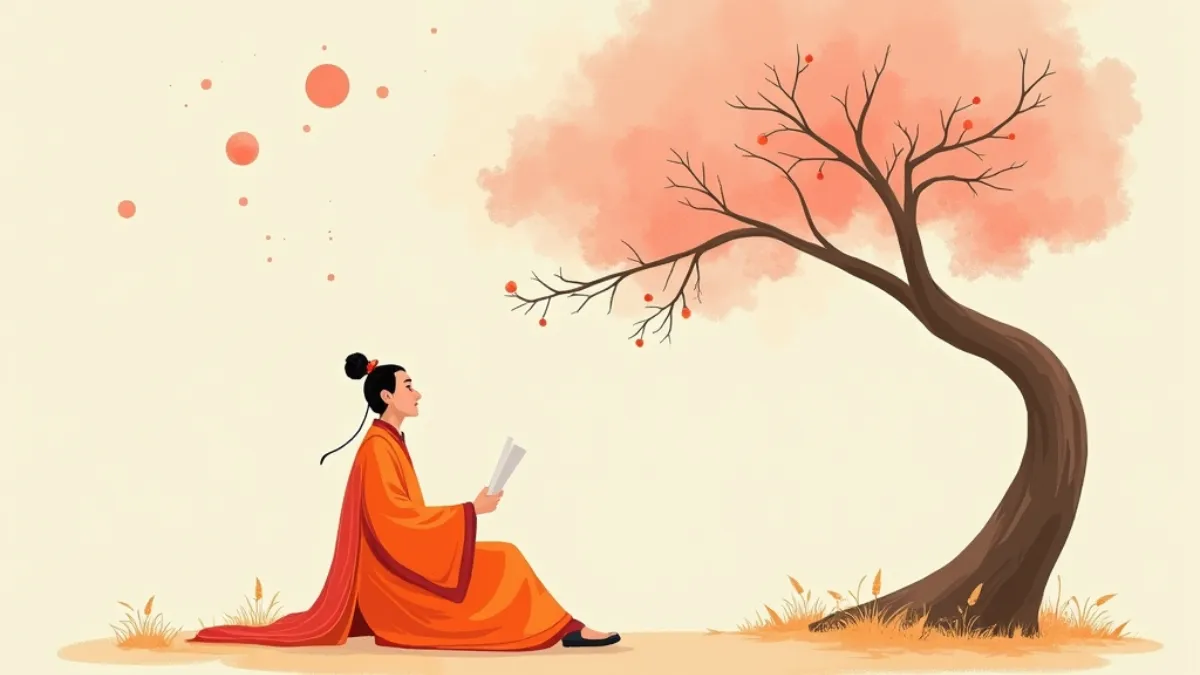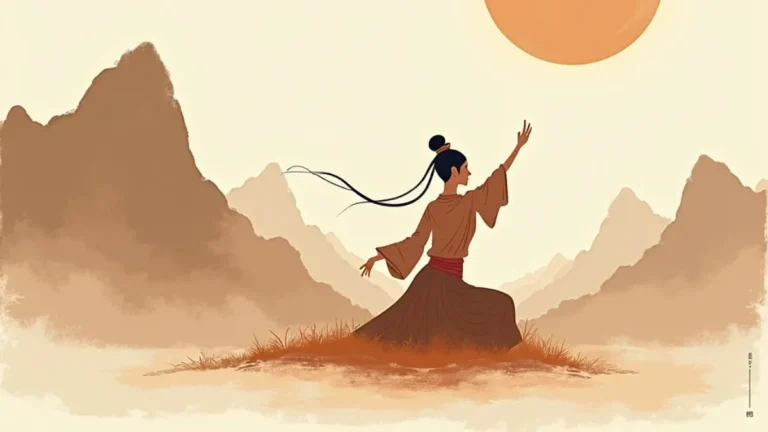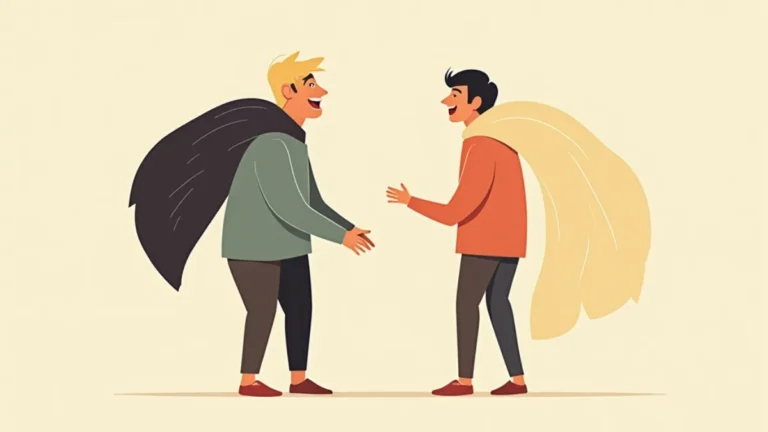In today’s fast-paced world, it’s almost impossible to escape the grip of stress and worry. Many of us find ourselves overwhelmed by constant striving, endless to-do lists, and the unpredictable nature of life. But what if there was a different approach—one rooted in ancient wisdom that encourages us to let go and simply go with the flow? Taoism, an ancient Chinese philosophy, offers powerful insights for those seeking calm amidst chaos. Here, we’ll explore some of the key Taoist principles for reducing worry and achieving inner peace.
1. Wu-Wei: The Art of Effortless Action
Wu-wei, often translated as “effortless action,” is a core Taoist concept that encourages us to stop forcing outcomes. It’s about letting things unfold naturally, without constantly pushing and pulling at life. Think of the story of the farmer who pulled on his crops to make them grow faster, only to damage them instead. Many of us act like that farmer—we try to control every detail, inadvertently making things worse.
Instead, Taoism invites us to leave things alone and trust the natural flow of life. Problems often solve themselves, and sometimes, stepping back allows the best outcomes to emerge. Try this in your daily life: when faced with a challenge, ask yourself if it’s something you truly need to control or if it might be better to simply let it be.
2. Stop Chasing Happiness
According to Zhuangzi, an important Taoist figure, the relentless pursuit of happiness is often counterproductive. We chase success, money, and recognition, believing these things will bring us fulfillment. But as Zhuangzi wisely observed, our obsession with achieving happiness often leads to more stress and worry.
Instead of chasing happiness, Taoism encourages us to cultivate contentment in the present moment. Focus on what you already have, and let go of the constant need for more. When we stop running after happiness, we often find it waiting for us right where we are.
3. Embrace Emptiness
Liezi, another prominent Taoist sage, spoke of the importance of “emptiness.” In a world obsessed with praise and recognition, many of us feel pressured to constantly seek approval from others. But Liezi suggests that true peace comes from letting go of these attachments. When we stop worrying about what others think of us, we free ourselves from the burden of external validation.
Think of the example of Instagram influencers who receive praise primarily for their looks or lifestyle—much of it based on luck or circumstances beyond their control. By embracing emptiness, we recognize that many things we worry about, like praise and validation, are ultimately hollow. Instead, focus on what truly matters: inner stillness and peace.
4. The Inner Law: Focusing on What You Can Control
Lao Tzu, the author of the Tao Te Ching, taught that attempting to control the uncontrollable is futile. He likened it to “standing on tiptoe” to gain height—an unsustainable and exhausting effort. Instead of trying to change things outside of our control, Taoism encourages us to look inward and focus on what we can influence: our thoughts, choices, and attitudes.
This means letting go of the need to control other people’s behavior or worrying about future outcomes. The more we align our actions with our internal values and let go of what we can’t control, the less anxiety we feel.
5. Let Go of Worrying About Fate
Zhuangzi also made an important distinction between fate and worrying about fate. Imagine an archer who shoots perfectly during practice but struggles during a competition because he wants to win so badly. The archer’s skill hasn’t changed, but his attachment to the outcome has drained him of power.
We all have things in life that we can’t control—whether it’s the possibility of losing a job, the fear of a relationship ending, or even broader existential worries. The Taoist approach is to accept the uncertainty of the future and focus on living fully in the present moment. Worrying about things we can’t control only takes away from our ability to live well today.
Applying Taoism to Modern Life
The principles of Taoism may sound ancient, but they are remarkably relevant to our busy, modern lives. Letting go of unnecessary control, avoiding the constant chase for external validation, and focusing on what we can influence are all practical ways to reduce worry and find peace. In a world that often feels chaotic and out of control, Taoism offers a refreshing reminder: we don’t always have to struggle to make things happen. Sometimes, the best thing we can do is let go, trust the process, and let life unfold as it will.
FAQs
Q: What is Wu-wei, and how can I apply it to my life?
A: Wu-wei means “effortless action.” You can apply it by letting go of the need to control every situation and trusting that things will work out without constant interference.
Q: How can Taoism help me reduce stress?
A: Taoism encourages focusing on what you can control, letting go of attachments, and embracing the present moment. These practices can help reduce stress and anxiety.
Q: Why does Taoism suggest we stop pursuing happiness?
A: Taoism teaches that chasing happiness often leads to more stress. True contentment comes from appreciating what you already have and letting go of the constant need for more.



